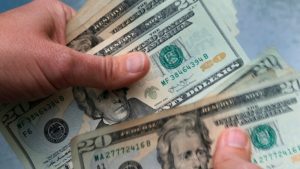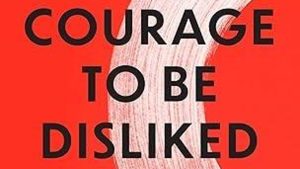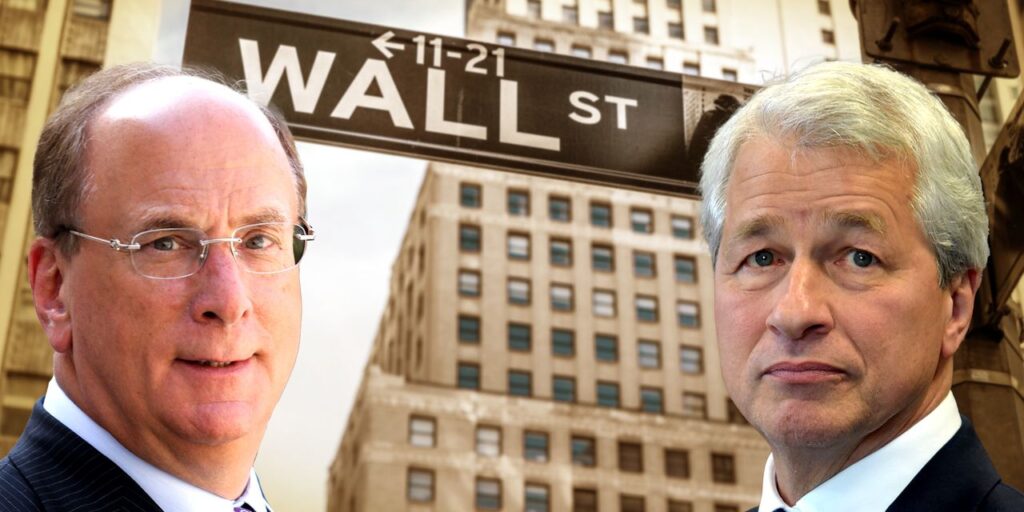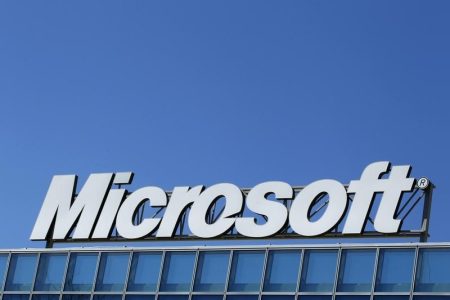JPMorgan Chairman and CEO Jamie Dimon and BlackRock CEO Larry Fink both have one decade in mind — the 1970s.
Both were speaking at the Future Investment Initiative in Saudi Arabia, or the so-called Davos in the Desert. In the U.S., Dimon noted the highest levels of debt during peacetime. “There’s kind of this omnipotent feeling that central banks and governments can manage through all this stuff,” he said. “I’m cautious.”
Dimon, who made headlines when he suggested U.S. interest rates might go to 7%, made similar comments again on Tuesday, talking of the possibility the whole interest rate curve might rise by 100 basis points.
“I would urge people to be prepared for it. I don’t know if it’s going to happen. But I look at what we’re seeing today is more like the 70s,” he said.
The JPMorgan
JPM,
chief executive also said that while he stood behind the ideas of ESG, “governments want to whack-a-mole and force it, but no carbon taxes, no rational way to go about it.” He lamented that in the U.S., companies can’t build pipelines to reduce coal emissions, and that it’s difficult to get permits to build solar and wind projects. He also said nuclear proliferation rather than climate change is the bigger threat to mankind.
BlackRock’s
BLK,
Fink made similar comments. “This reminds me of the 1970s,” he said. “And the ’70s was all about bad policy. Today is about bad policy again, and big macro shifts,” he said.
Fink counted a number of inflationary forces, including the politicalization of supply chains, populism, and restrictions on legal immigration. Conflating the fiscal deficit for debt, he noted the big surge from roughly $8 trillion at the beginning of the century to $33 trillion now, which he also said was inflationary, as was the rise in the Federal Reserve’s balance sheet.
“So as a result of that, interest rates are going to remain higher,” he said. The yield on the U.S. 10-year Treasury
BX:TMUBMUSD10Y
on Monday broke through 5% for the first time in 16 years, though it’s headed lower since then.
Asked whether there would be a hard or soft landing for the U.S. economy next year, Fink said, neither, pointing to fiscal stimulus which is still entering the economy, through the Chips Act and the infrastructure spending in the Inflation Reduction Act.
Read the full article here











